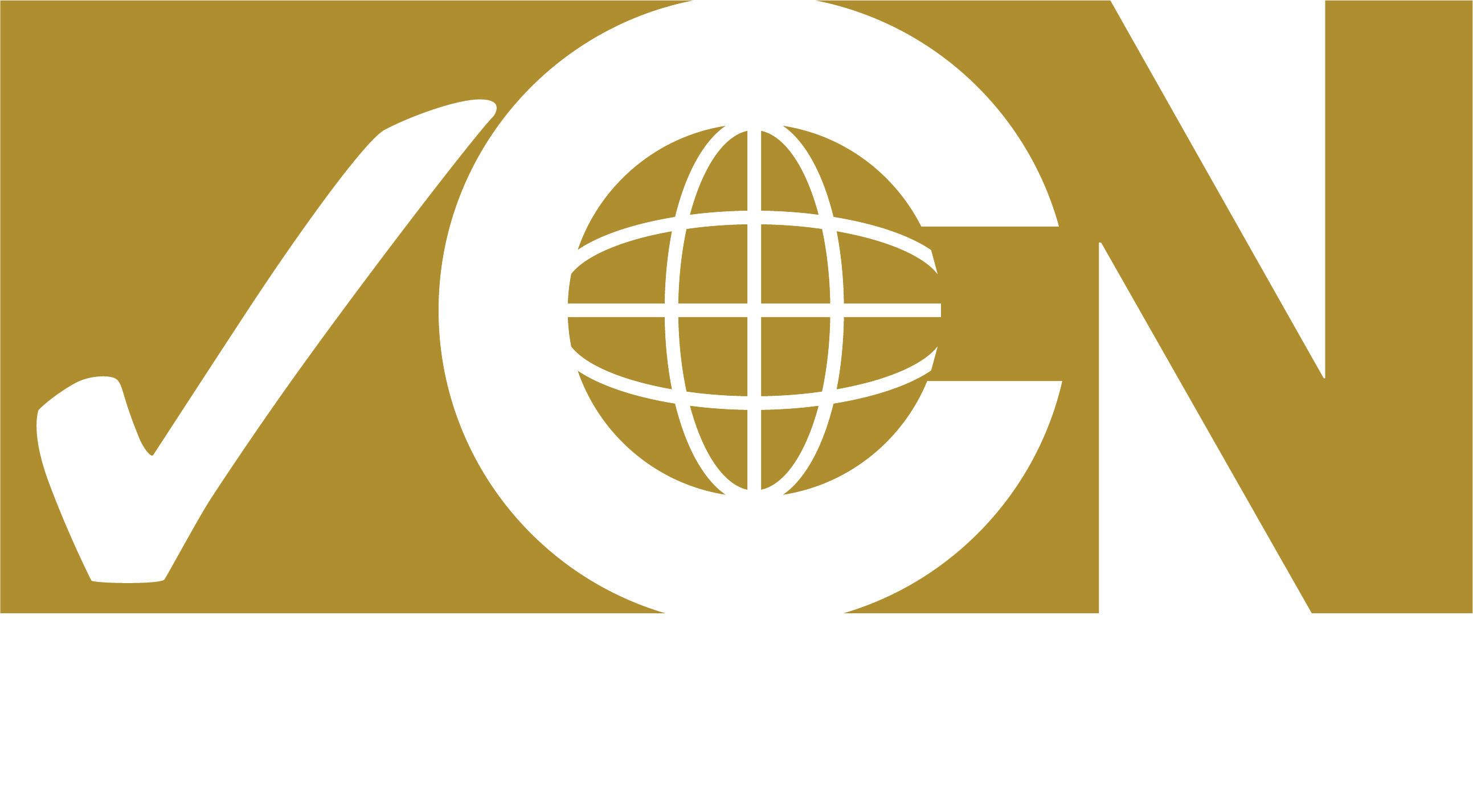Become a Signatory
Gold and silver mining companies and the producers and transporters of cyanide used in gold and silver mining can become signatories to the Cyanide Code. By becoming a signatory, a company commits to follow the Cyanide Code’s Principles and implement its Standards of Practice. The operations of Cyanide Code signatories must be audited by independent third-party auditors to verify their compliance with the Cyanide Code. While some base metals operations use cyanide in their processes, at present the Cyanide Code program is focused on gold and silver operations using cyanidation for the recovery of gold and silver.
Signatory Application Form:
Companies interested in becoming a signatory must fill out a Signatory Application Form. The form requests company information, and also describes the signatory’s obligations as a participant in the Cyanide Code program.
A signatory company must list on the application all of its operations and designate which of its operations it intends to seek to be certified in compliance with the Cyanide Code. A mining company, for example, may choose to exclude certain operations from the certification track due to the age of the mine, or other factors.
Form Submission:
The completed Signatory Application Form should be submitted by email to ICMI at [email protected]. ICMI then reviews the application and will notify the applicant of its acceptance of the form.
ICMI requires only an electronic copy of the completed form. Companies are encouraged to contact ICMI prior to submission of the completed form, to ensure that they are aware of the signatory process and relevant commitments. Companies are also encouraged to submit a draft Signatory Application Form to ICMI so that it may be checked for completeness before submission of a final, signed form.
Signatory Fees:
The Cyanide Code is a fee-based program and signatories pay an annual fee to participate and support the program. Companies becoming signatory are invoiced for their initial fee upon acceptance of their Signatory Application Form.
Signatory fees for 2025 are as follows (shown in US dollars):
- Annual Fee for Cyanide Producers: $6,850
- Annual Fee for Cyanide Transporters: $1,500
- Cyanide Producers and Cyanide Transporters that have multiple certified operations are assessed an additional $400 for each certified operation greater than one.
- Annual Fee for Mining Companies: $0.048/ounce of gold produced by signatory’s primary gold mine(s), and $0.048/ounce of gold equivalent ounces produced by signatory’s primary silver mine(s) in 2024
- Includes production by cyanidation at all of a company’s operations in 2024, including those not designated for certification
- Includes the percentage of production from joint ventures
- A minimum fee of $2,500 applies regardless of the signatory company’s 2024 production
- A mine’s primary metal is defined as the metal that contributes the greatest percentage of revenue
- “Gold equivalent ounces” is defined as silver production expressed in equivalent gold units using the most recent published London spot market prices
Acceptance and Listing as a Signatory:
Following acceptance of the Signatory Application Form by ICMI and payment of the annual fee, ICMI announces the new signatory and places a list of the company’s operations on the ICMI website, noting which operations have been designated for certification by the signatory. Operations of companies that are signatories to the Code must be audited by independent third-party auditors to determine if they can be certified as in compliance with the Code’s Principles and Standards of Practice.
Details of obligations for audits, submission of audit reports and associated corrective action plans, and processes for withdrawal of operations and companies from the Cyanide Code program, re-admission of companies and operations into the program, and processes for non-compliance findings and missed audits may be found in ICMI’s Signatory and Certification Process document.
Annual Renewal:
Signatory companies are asked to renew their signatory status on an annual basis. ICMI sends an invoice for annual fees to participating companies along with a copy of the Signatory Application Form, asking them to update the form to reflect any changes in their operations.
Re-admission, Re-designation and Re-activation:
Signatory companies that have voluntarily withdrawn or have been terminated from participation in the Cyanide Code can seek re-admission to the program. Operations that had been certified or designated for certification but which were subsequently voluntarily withdrawn from the program by the signatory company can return to the program and be re-designated for certification. Complete details on the processes and requirements for re-admission, re-designation, and re-activation may be found in ICMI’s Signatory and Certification Process document.
Cyanide Code Logo:
Certified operations may use the Cyanide Code logo under specific conditions. Detailed requirements for using the Cyanide Code logo are described fully on the website page Use of the Cyanide Code Logo.
Dispute Resolution:
The Institute has developed and implemented fair and equitable procedures for the resolution of disputes regarding auditor credentials and certification and/or de-certification of operations. The procedures provide due process to all parties that may be affected by these decisions.
Full details for dispute resolution are found in the Institute’s Dispute Resolution Procedure.
